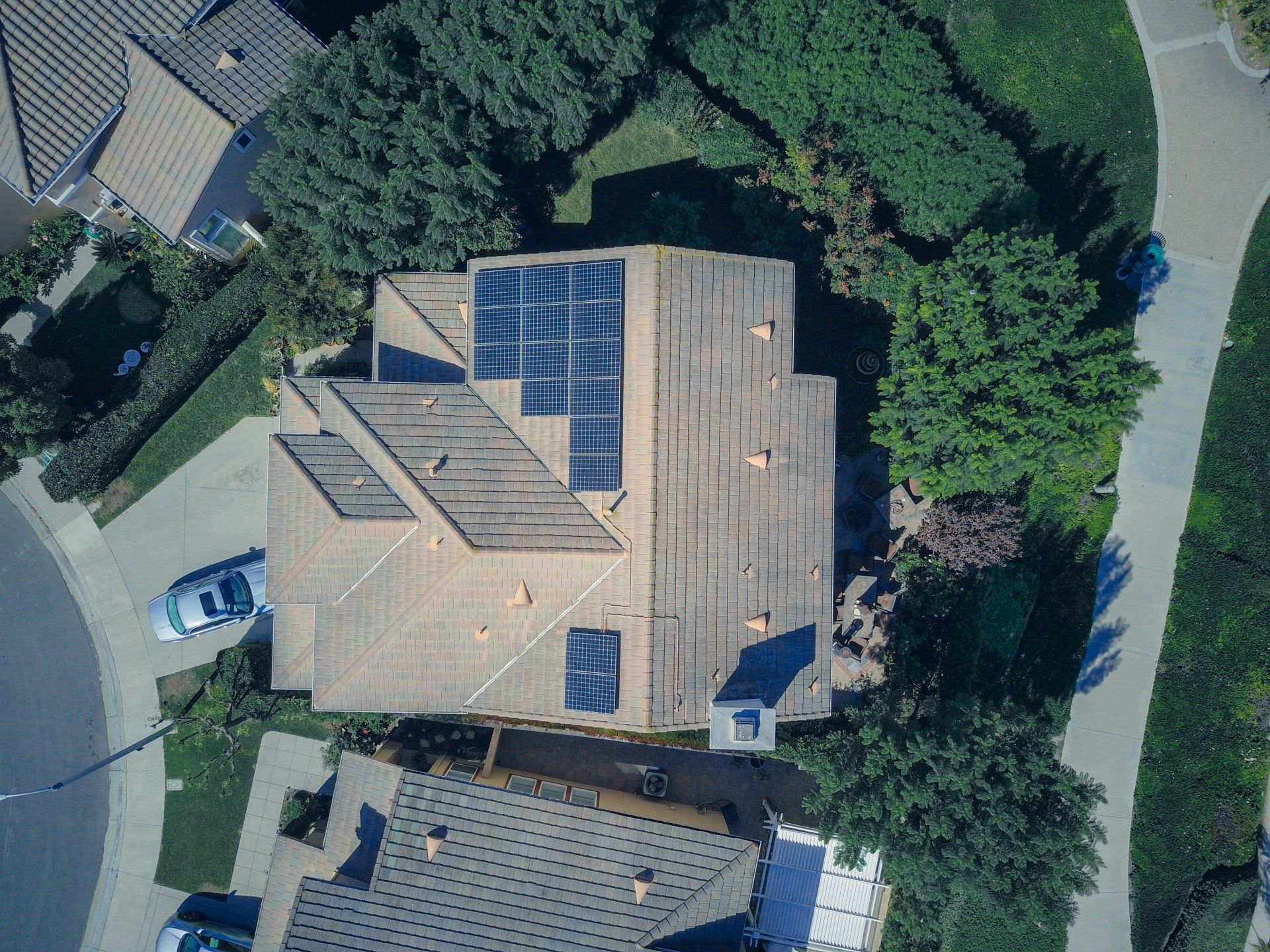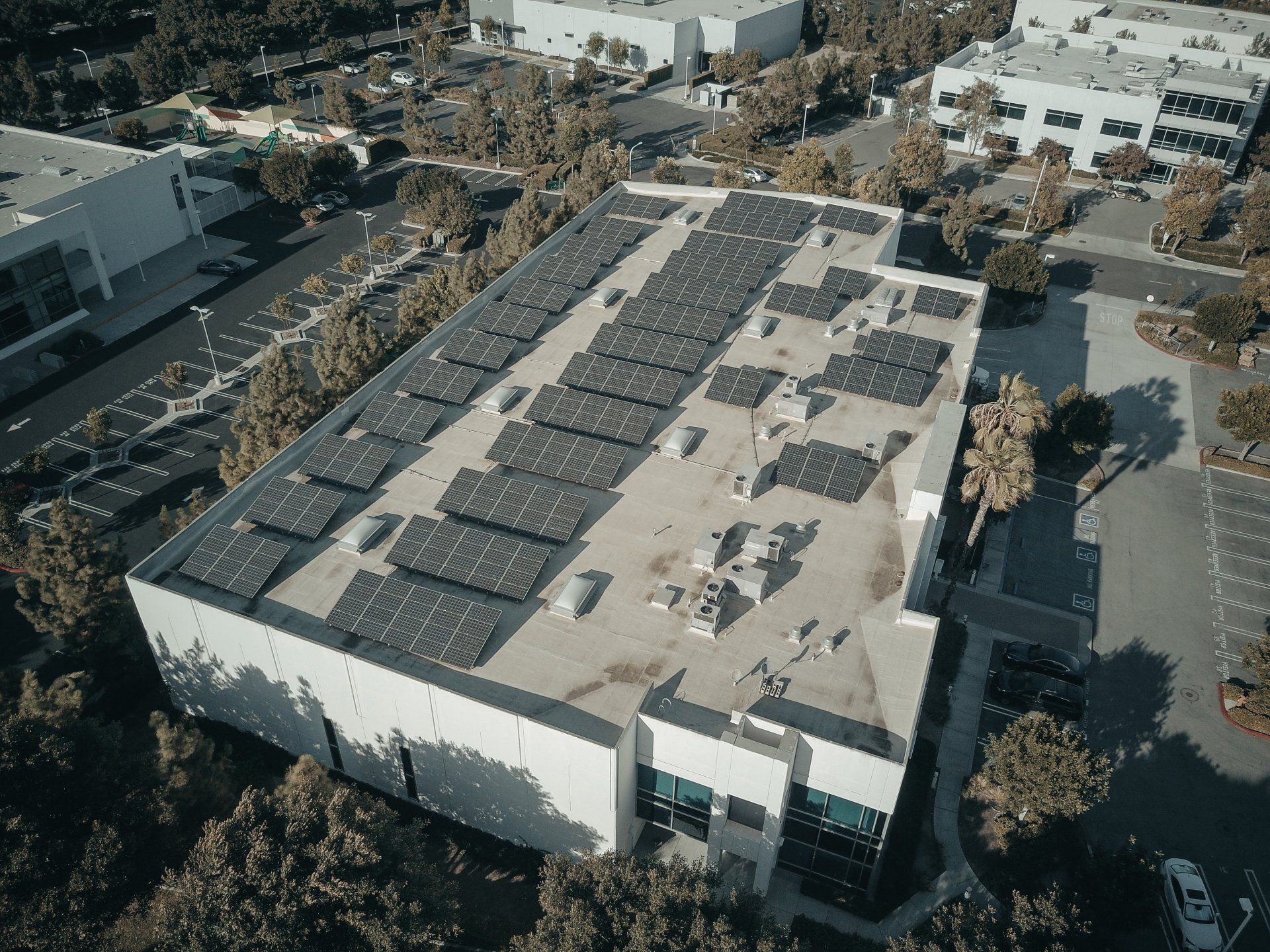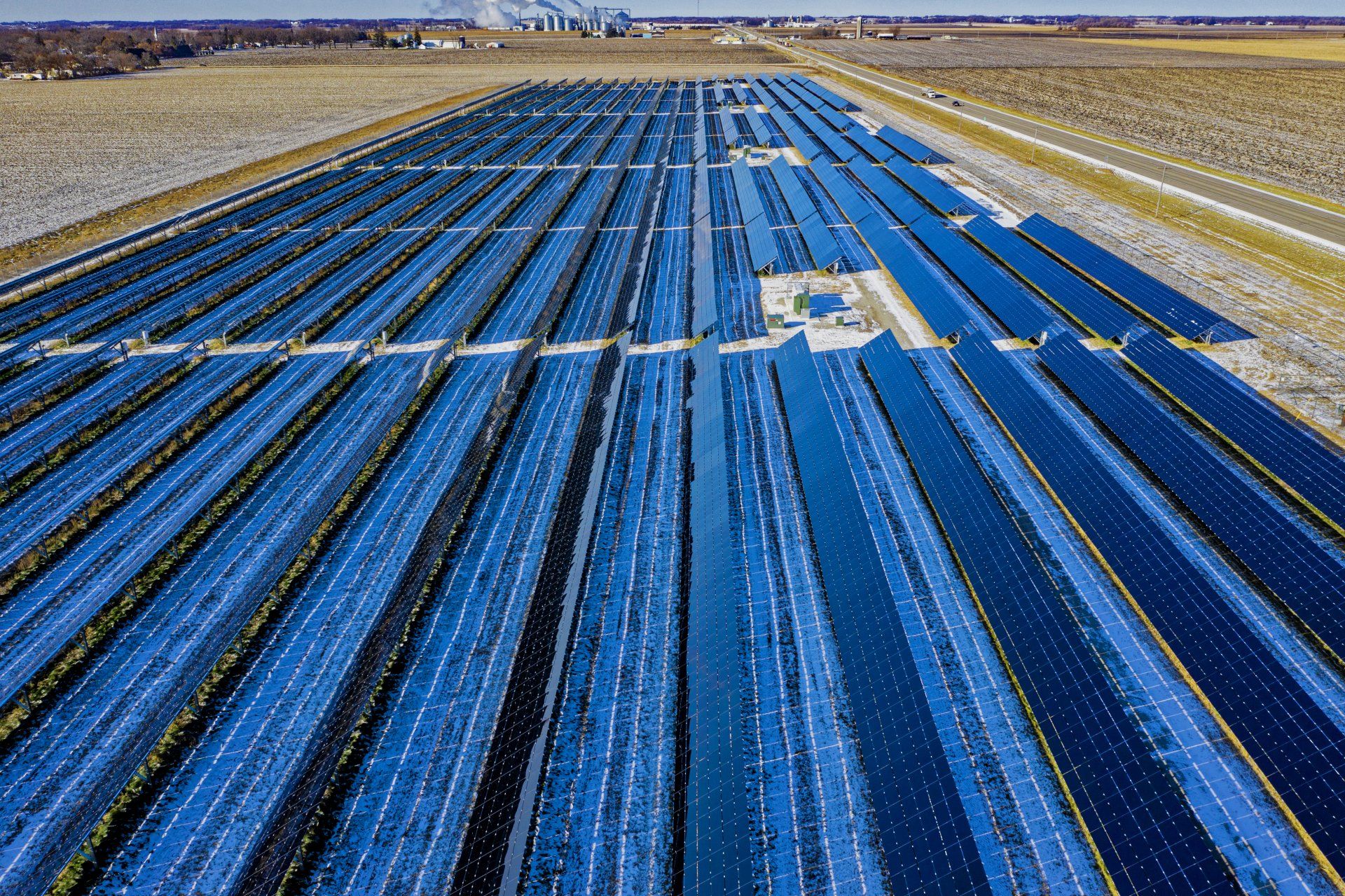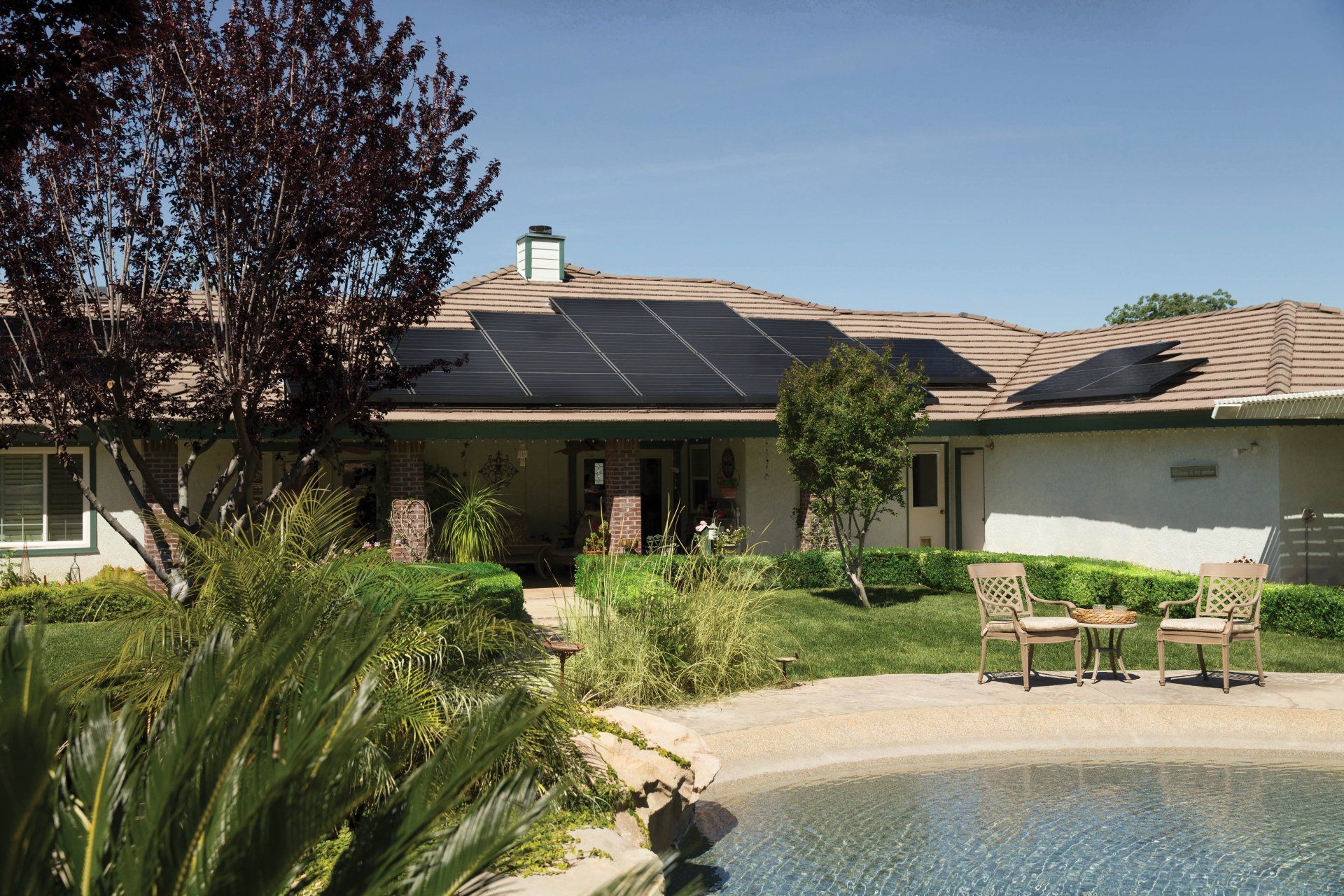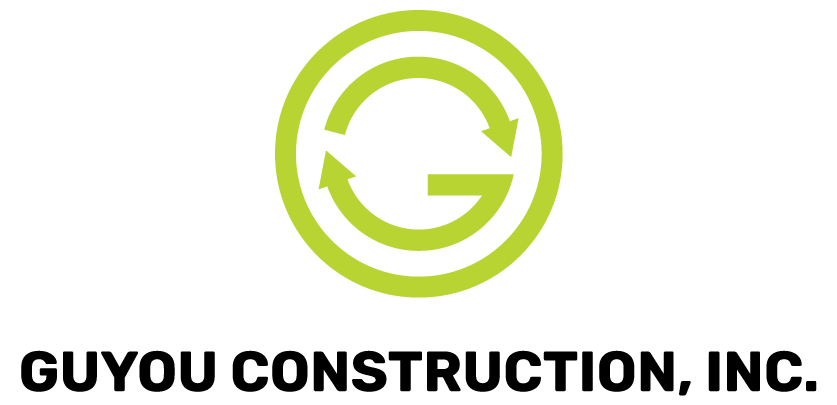Solar Tax versus Solar Tax Credit
Examining the Taxes with Solar Panels
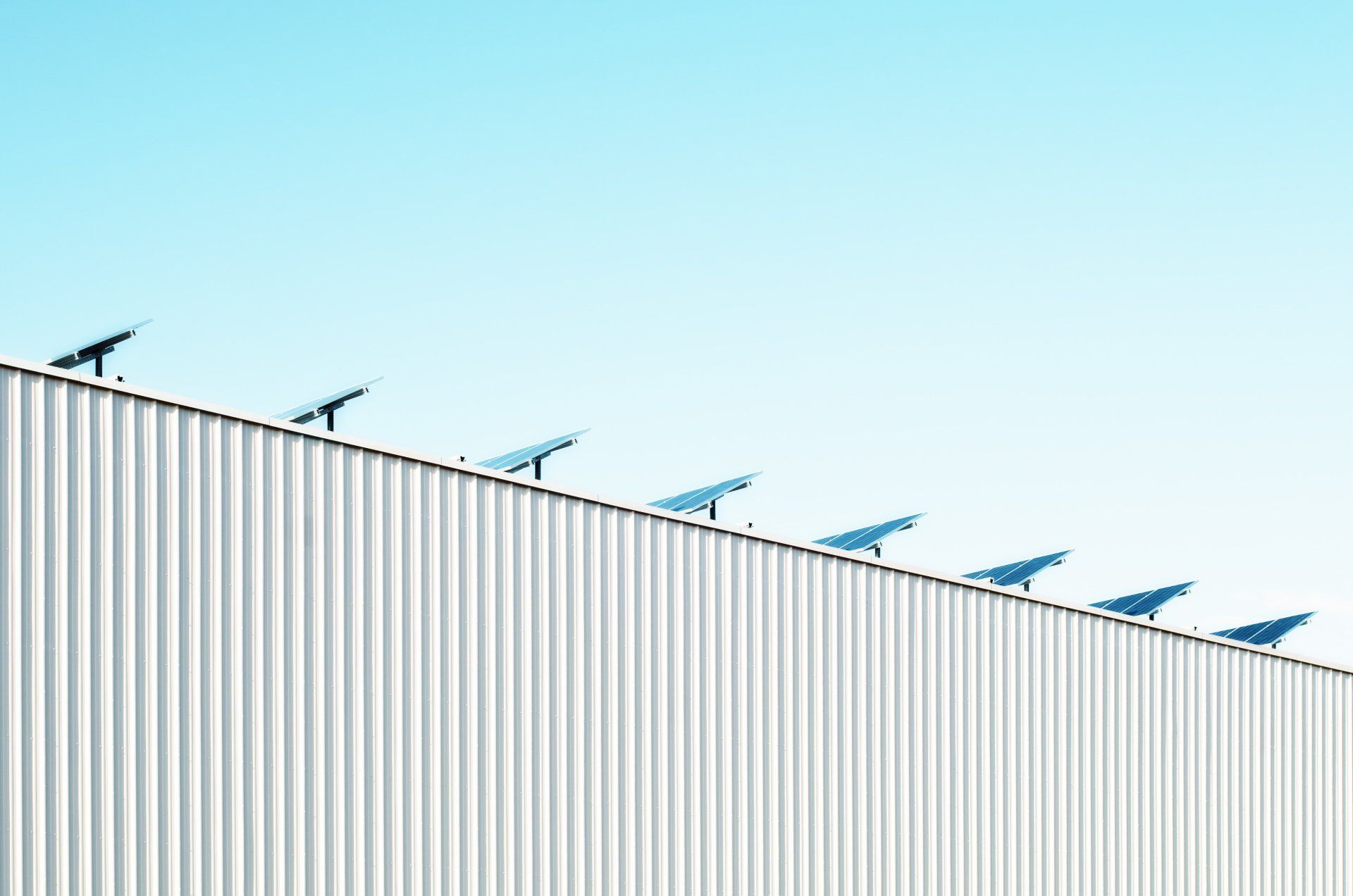
Recently, the fast-moving Solar Tax proposal was temporarily defeated in California. It is officially known as SB 846. The bill is designed to keep the Diablo Canyon nuclear plant open but solar advocates noted that it also contained wording that would tax solar panel users.
The
Solar Rights Alliance fought to defeat the Solar Tax with emails and
pleaded for phone calls to state lawmakers.
Advocates feared that a phrase written into the law would tax all energy consumed by ratepayers, including what’s generated by rooftop solar at their homes and businesses — the opposite of what they say California ought to be doing to combat climate change.
What is the Solar Tax?
A solar tax is a tax levied on the use of solar panels by homeowners. The purpose of the solar tax is to discourage the use of solar panels and to encourage the use of more traditional forms of energy such as coal and oil.
The solar tax is opposed
by many environmentalists and solar panel users, who argue that it will make solar panels more expensive and less accessible to the average consumer. Solar panel users will be taxed on the solar panels they use at home. The solar tax is expected to raise the cost of solar panels by 10-20%. This could make it difficult for some homeowners to afford solar panels..
What is the Solar Tax Credit?
The
Solar Tax Credit
is a federal tax credit that allows homeowners to deduct 26% of the cost of installing a solar panel system from their taxes. The tax credit expires starting in 2035 unless Congress renews it. The credit can be applied to both residential and commercial properties, and there is no limit on the amount that can be claimed. The credit is available for both new and existing homes, and can be claimed as long as the solar panel system is installed by between January 1, 2017, and December 31, 2034.
For homeowners who are considering solar panels, the Solar Tax Credit can be a great way to offset the initial cost of installation. Considering that the average cost of a solar panel system is $20,000, the tax credit can save homeowners up to $5,200. Plus, the solar panels will continue to save money on energy costs over the long term. Keep in mind that the tax credit doesn’t apply to those leasing a system.
If you're a homeowner interested in solar panels, be sure to check if you qualify for the Solar Tax Credit before making your purchase. It could save you thousands of dollars!
Contact Guyou Today
Contact Guyou today
if you are interested in adding solar panels to your home. A representative can discuss the correct number of solar panels needed for your home and the estimated savings. They can also explain in detail how the Solar Tax Credit will work in your favor.

